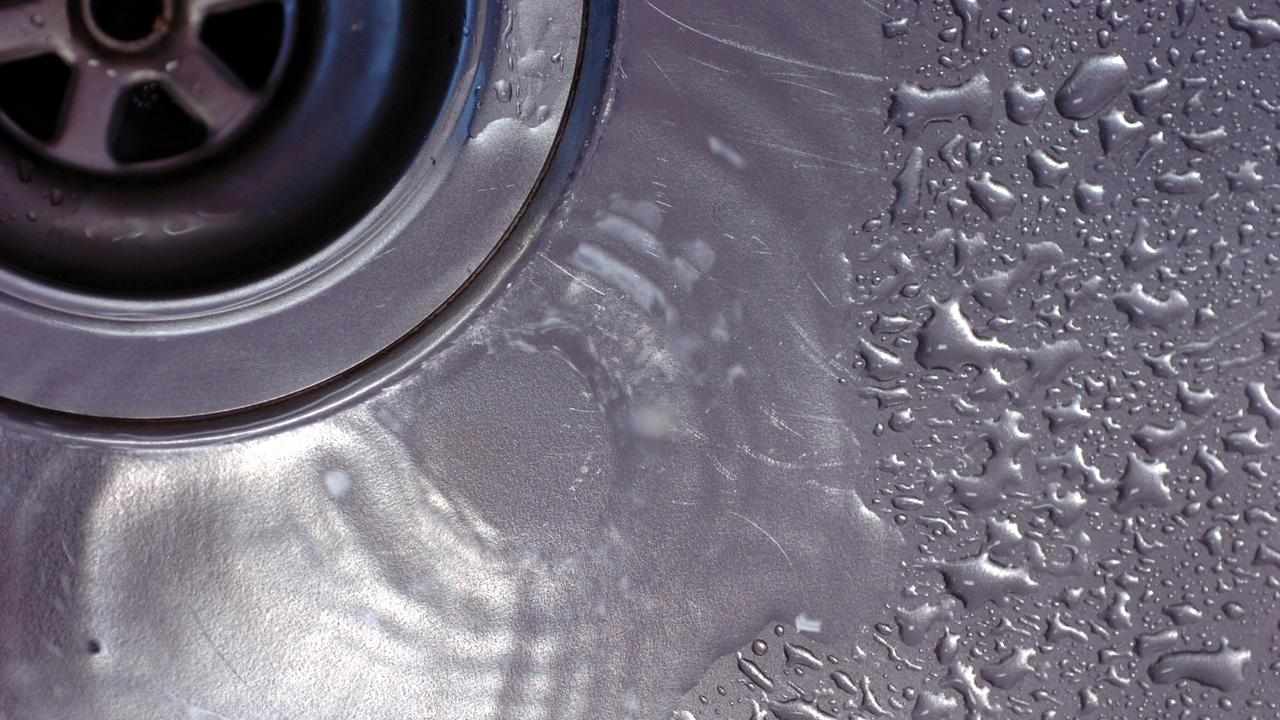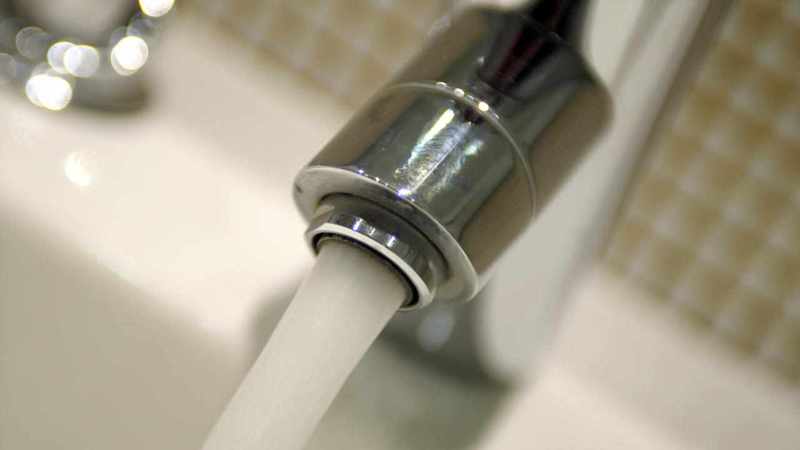Urgent talks are planned to determine the safety of Australia’s drinking water supply following a landmark ruling in the US.
Experts want Australia's standards to be lifted in line with recently tightened American regulations, after the US cut the maximum level of cancer-causing so-called "forever chemicals" allowed in its drinking water.
In April, the US Environmental Protection Agency found there was “no safe level of exposure” of the chemicals perfluorooctane sulfonate (PFOS) and perfluorooctanoic acid (PFOA) in drinking water and they were likely to cause cancer.
A federally funded University of Queensland study published in 2011 found high levels of the contaminants in about half of drinking water samples taken from 34 locations across the nation.
Australia permits per-and poly-fluoroalkyl (PFAS) substances at levels up to 140 times higher than those allowed in the US.

Health Minister Mark Butler has asked key lieutenants - including Chief Medical Officer Paul Kelly - for an urgent briefing on the US developments.
The National Health and Medical Research Council, which shapes the nation's water rules, is reviewing its guidelines relating to the chemicals, and that could be expedited ahead of its 2025 end date.
“Australian drinking water is regularly monitored for the presence of chemicals, including PFAS, to ensure those are within the limits assessed as safe by Australian regulators,” a spokesperson for the Health Minister said.
“This independent review will consider recent guidance and reviews from international and national jurisdictions and determine whether they are suitable to adopt or adapt for Australia.”
UN chemicals expert and National Toxics Network senior advisor Mariann Lloyd-Smith said the toxic substances were linked to kidney and liver disease, thyroid dysregulation, reproductive problems, developmental problems and cancer.
"We don't know exactly how much will cause disease - the problem is because they are bio-accumulative. Every exposure just builds up a little bit more in your body," she told Nine's Today program on Tuesday.
"Unbelievably, though, our regulatory agencies here in Australia just dismiss all of this evidence and say that there's no clear evidence that they cause disease, which honestly is beyond belief."
Nicholas Chartres, a senior research fellow at the University of Sydney, called for a precautionary approach and immediate widespread testing of the nation's water supplies.
"The government needs to take action. They need to be testing the water (and) it will come at a cost," he said.
The maximum limits for PFOA and PFOS in drinking water in the US was amended to four parts per trillion under the recent regulatory changes.

Australia’s drinking water guidelines, set in 2018, allow 560 parts per trillion of PFOA and 70 parts per trillion of PFOS.
PFAS are man-made chemicals heavily used since the 1940s for their resistance to heat, water, grease and stains.
They are found in everyday appliances from non-stick pans to clothing, insecticides, food packaging and firefighting foam, but once in the environment they do not degrade.
In 2023, the World Health Organisation declared PFOA, a type of PFAS, a category-one human carcinogen.









